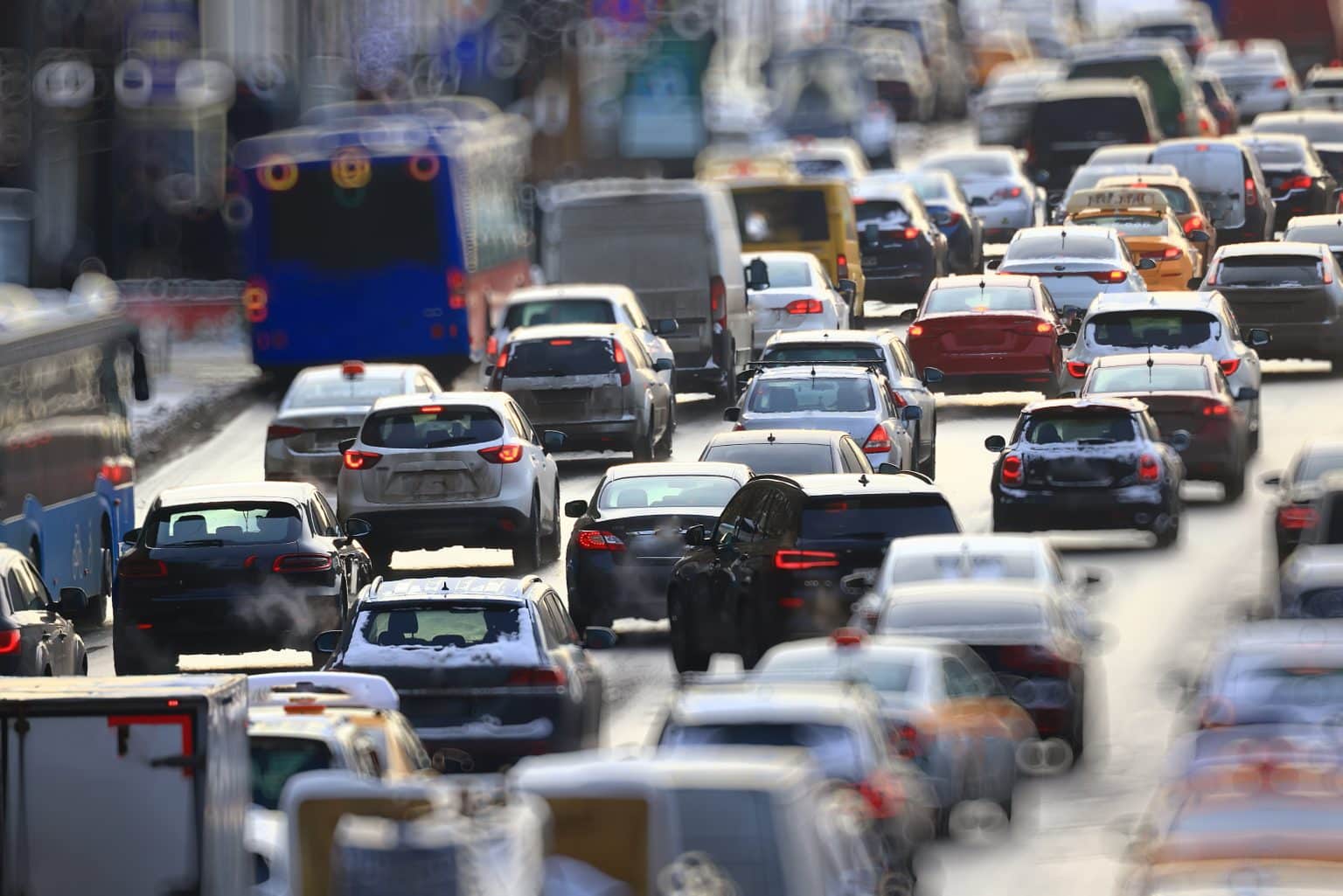With the August bank holiday weekend fast approaching, drivers are being urged to prepare for potentially significant traffic disruptions as temperatures are set to reach up to 27°C in parts of England. Travel experts have warned that roads across the country are likely to be exceptionally busy, with many Britons taking advantage of the warm weather to embark on trips and outdoor activities.
Magdalena Petrusic, a travel expert at Stonehenge Tours & Tickets, highlighted that the upcoming bank holiday is expected to mirror the heavy traffic seen during the late spring bank holiday earlier this year. “During the late spring bank holiday, 19.75 million drivers, or 59% of those on the road, ventured out, making Sunday, 26th May, the busiest day of the holiday period,” Petrusic explained. She noted that the late August bank holiday could see similarly high traffic volumes, particularly on the A303 westbound near Stonehenge, a popular destination for tourists.
Petrusic also pointed out that reduced public transport services over the bank holiday could lead to more people relying on their cars, further exacerbating congestion on key routes. “It’s important for those planning to drive over the long weekend to prepare and try to avoid getting caught up in congestion,” she advised.
To help drivers navigate the busy weekend, Petrusic shared five key tips to ensure smoother and more enjoyable journeys:
- Enable Traffic Report Alerts
Drivers are encouraged to activate traffic report alerts, which provide real-time updates on incidents or roadworks that may impact their journey. This feature, available on most vehicle navigation systems and mobile navigation apps, can help drivers avoid congested areas by suggesting alternative routes. Petrusic advised checking that the traffic alert feature is enabled before setting off and ensuring that mobile devices have a reliable internet connection to receive updates. - Plan Your Route in Advance
Using navigation tools like Google Maps or Waze, drivers can plan their routes in advance and monitor traffic conditions before and during their journey. These tools offer real-time traffic updates and alternative routes to avoid delays. Petrusic suggested checking traffic conditions several hours before travelling and considering leaving earlier if an alternate route is required to reach the destination on time. - Avoid Travelling at Peak Times
To minimise the risk of getting stuck in traffic, drivers should avoid travelling during peak hours. According to Petrusic, the worst times to be on the road during the bank holiday weekend are Friday between 10 am and 7 pm, Saturday between 10 am and 3 pm, and Sunday and Monday between 10 am and 4 pm. The best times to travel are early in the morning or late at night, when traffic is typically lighter. - Ensure Your Vehicle is Well-Maintained
A well-maintained vehicle is crucial for avoiding breakdowns and delays. Petrusic recommended performing a thorough maintenance check before setting off, including checking fluid levels, tyre pressure, brakes, lights, and the battery. Carrying a spare tyre and the necessary tools for changing it is also advisable. - Pack Emergency Essentials
In case of delays or breakdowns, having essential items on hand can make a significant difference. Petrusic advised packing water, snacks, a fully charged mobile phone with an in-car charger, a spare tyre, and a torch with extra batteries. An empty petrol container may also be useful in case of running out of fuel.
With the bank holiday weekend set to be one of the busiest travel periods of the year, following these tips could help drivers avoid unnecessary stress and ensure a safer, more pleasant journey.

